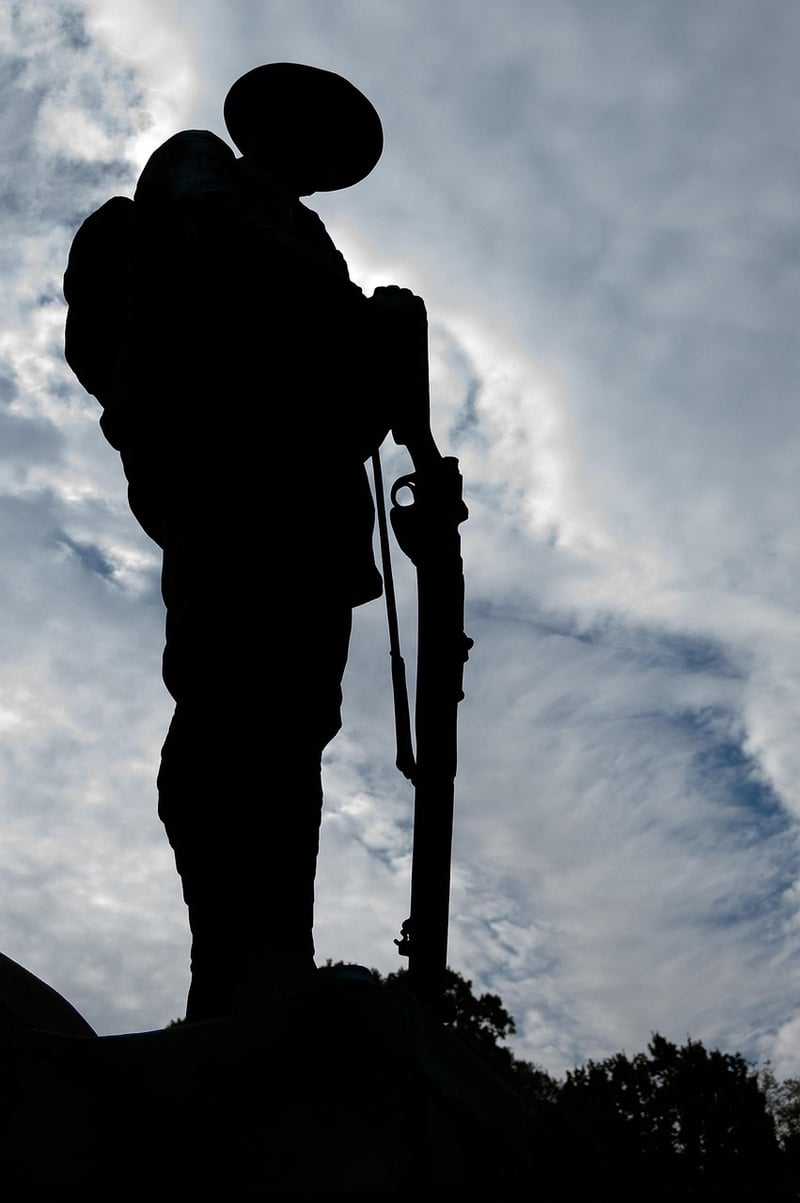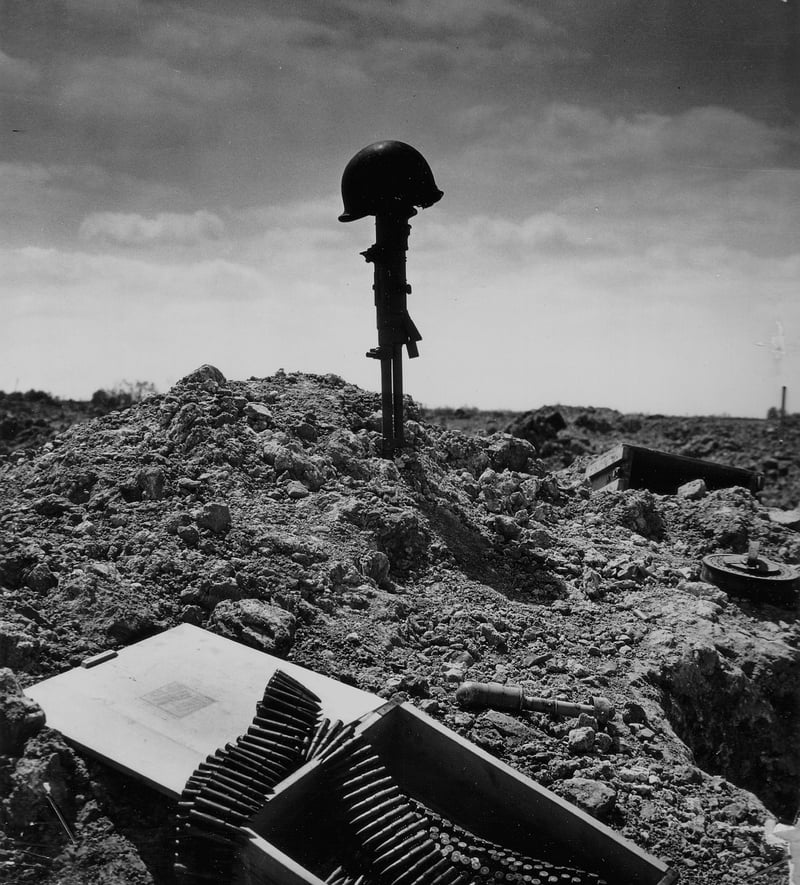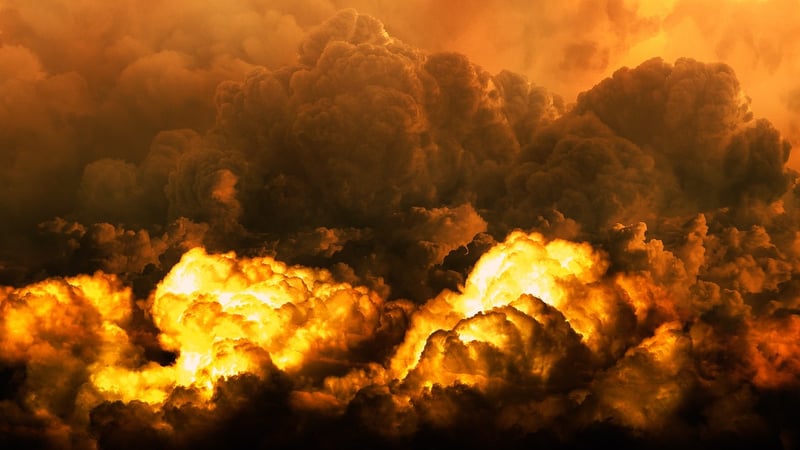World Wars
Exploring Pivotal Moments in History: World Wars
Throughout history, the world has witnessed several pivotal moments that have shaped societies, cultures, and nations. Among these defining moments, the World Wars stand out as some of the most significant events that altered the course of history. Let's delve into the key aspects of these global conflicts and their lasting impact.
World War I (1914-1918)
World War I, also known as the Great War, was a global conflict that originated in Europe and involved many of the world's great powers. The war, triggered by the assassination of Archduke Franz Ferdinand of Austria-Hungary, escalated into a devastating conflict that lasted from 1914 to 1918.
Key aspects of World War I:
- The use of modern weaponry such as machine guns, tanks, and chemical weapons.
- The involvement of countries from around the world, including European powers, the United States, and others.
- The signing of the Treaty of Versailles in 1919, which imposed harsh penalties on Germany and laid the groundwork for World War II.

World War II (1939-1945)
World War II was a global conflict that engulfed much of the world from 1939 to 1945. Sparked by the aggressive expansionist policies of Nazi Germany under Adolf Hitler, the war involved most of the world's nations, including the Allied Powers and the Axis Powers.
Key aspects of World War II:
- The Holocaust, the systematic genocide of six million Jews by the Nazis.
- The use of atomic bombs on the Japanese cities of Hiroshima and Nagasaki by the United States.
- The establishment of the United Nations in 1945 to promote international cooperation and prevent future conflicts.

Both World War I and World War II had profound and lasting impacts on the world, reshaping political boundaries, ideologies, and global alliances. These conflicts serve as poignant reminders of the devastating consequences of war and the importance of working towards peace and cooperation among nations.
By studying these pivotal moments in history, we can gain a deeper understanding of the complexities of human conflict and strive towards a more peaceful and inclusive world for future generations.
